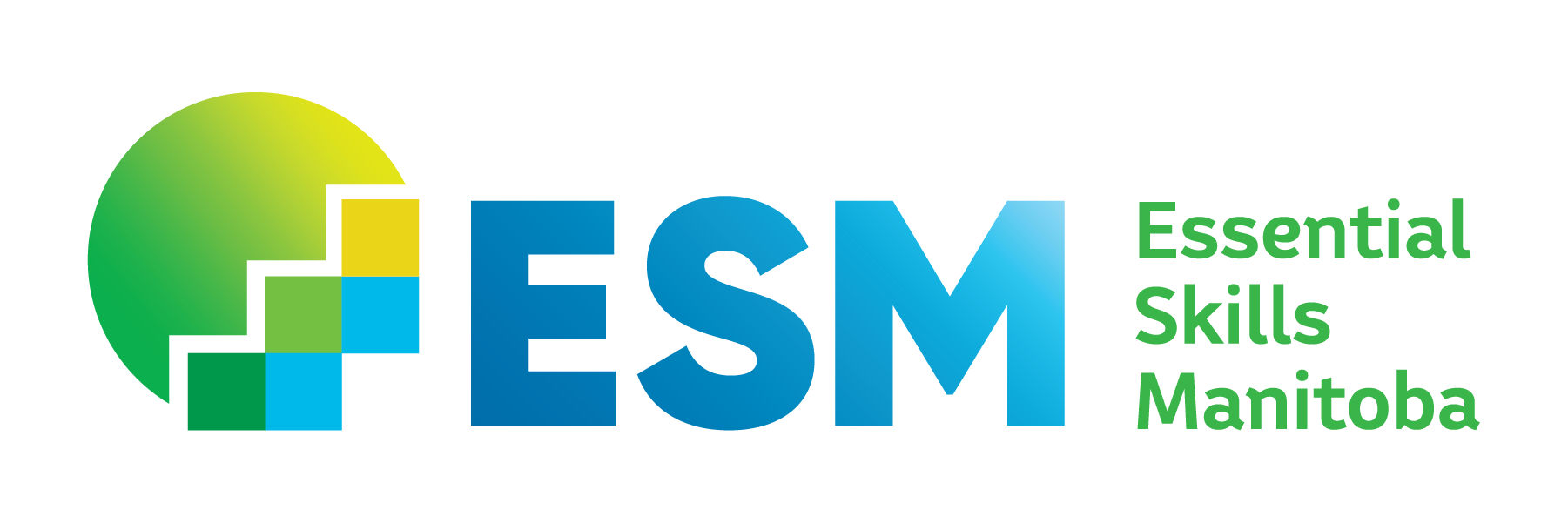Essential Skills Manitoba
Online Short Course Academy
Mission Statement
Funding Statement
 |
 |
 |
The 9 Essential Skills
Our Signature Courses
Get started today!
-

Blueprints and Schematics - Starting with the Basics
Learn the importance of blueprints, different perspectives used in blueprints and schematics, how to draft orthographic projections and draw isometrics.
-

Skills for Successful Presentations
The Skills for Successful Presentations program explores the skills to be a successful presenter.
-

Learning to Learn Online
This course is an introduction to learning online and to getting the most out of online learning.
-

Essential Skills Short Courses
This session introduces participants to the 9 Essential skills with a focus on Working with Others and Continuous Learning. The session also aims to introduce the term “Leadership” and why it is important to understand it from multiple perspectives.
-

Essential Skills for Executive Level Leadership
This 10 module program guides you to function effectively, confidently and appropriately as an Executive Level Leader.
-

The 3R's for Youth: Resilience, Responsibility and Respect
The program focuses on the foundational knowledge and skills required when transitioning into the workplace as a new employee and building on these essential skills.
-

Customer Service Essentials
The Customer Service Essentials program is an online training program focussed on the foundational knowledge and skills required when working in customer service industries such as the Retail and Hospitality.
